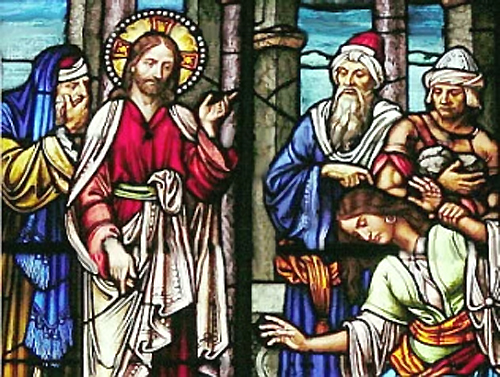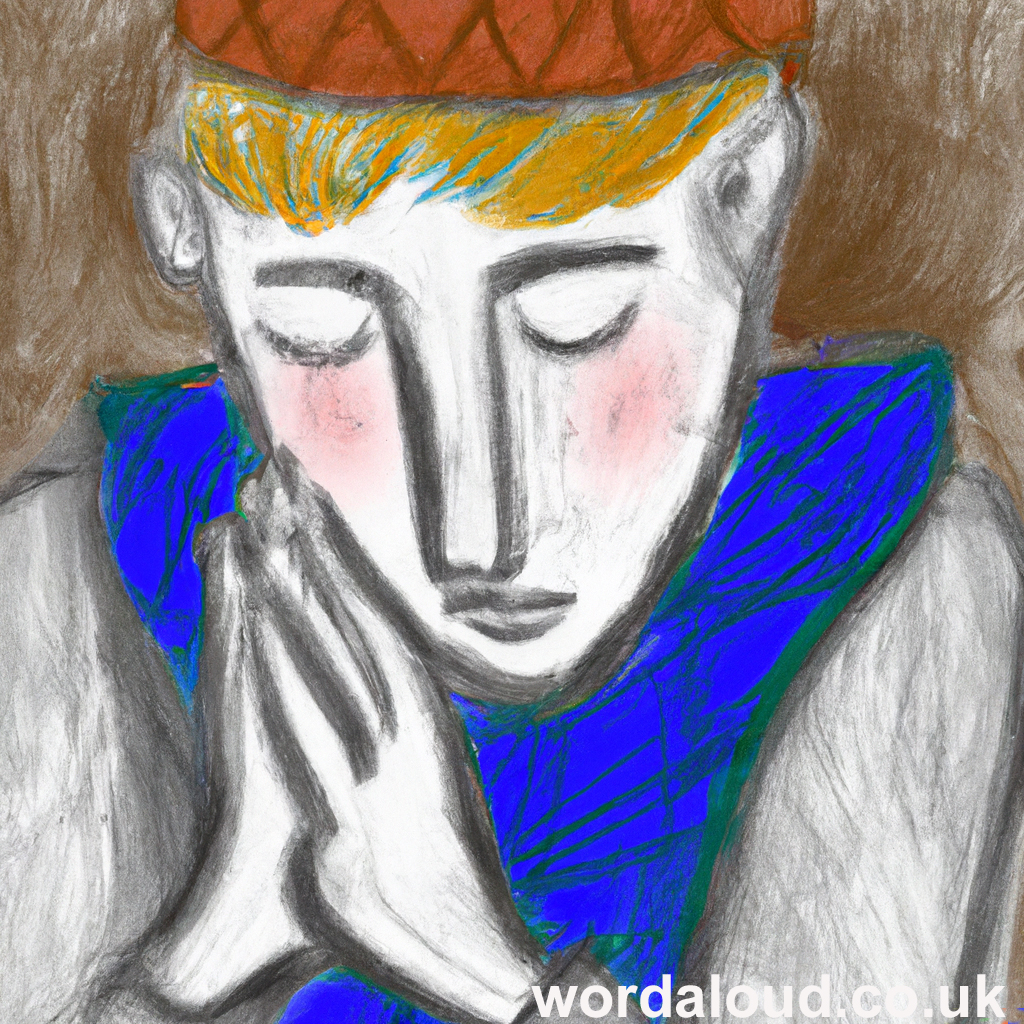Christian Art | Easter To Pentecost
John 13: 16-20 | King James Audio Bible KJV | Daily Verses
16 Verily, verily, I say unto you, The servant is not greater than his lord; neither he that is sent greater than he that sent him.
17 If ye know these things, happy are ye if ye do them.
18 ¶ I speak not of you all: I know whom I have chosen: but that the scripture may be fulfilled, He that eateth bread with me hath lifted up his heel against me.
19 Now I tell you before it come, that, when it is come to pass, ye may believe that I am he.
20 Verily, verily, I say unto you, He that receiveth whomsoever I send receiveth me; and he that receiveth me receiveth him that sent me.
Jesus has washed his disciples’ feet as an example to the disciples of how they should behave to one another. Jesus, the master, has performed the duty of a most menial servant. It was a custom at the start of a feast for such a servant to wash the feet of the guests, who might have walked a long way to be at the meal and whose feet might be very sore, and relieved by the act of washing. Now Jesus has performed this office. There must be such humility, mutual love and care among the disciples, especially as they head toward difficult times.
In these Bible verses, Jesus speaks again of his relationship with his Father. Throughout his ministry, and now as his Passion and crucifixion are very close, he has been the servant, performing his Father’s will. All he has done has been true to this spirit of utter obedience and humility, even as he is himself divine and of one substance with the Father. This is the example we are called upon to imitate and follow.
Jesus speaks of Judas’ treachery. The evil one has for a time been worming his way into Judas’ soul and Judas has given himself up to evil. Judas has ‘lifted up his heel’ against Jesus. The verse suggests a brutal act of violence, and so it is; this is the violent enmity of a friend; it is a terrible betrayal. The verse recalls Psalm 41/40:
Yea, mine own familiar friend, in whom I trusted, which did eat of my bread, hath lifted up his heel against me.
Once more, the Old Testament has prefigured the New.
We are all of us asked to be Christ’s followers, to imitate his example and to show to one another great love and service. Through Christ, we are then all the sons of God. Christ reconnects us with the Father.
We are all called to the Supper of the Lord. Where we have sinned, we are asked to repent and to trust in God’s mercy, so that we may be truly friends with Christ as we share the Eucharist.
‘It is true that love renews those who hear, or rather those who obey; but not any love, only that love which the Lord distinguished from natural love by adding the words: “As I have loved you.” Such love renews us: we become new men, heirs of the New Testament, singers of a new song.’ St Augustine

![]()
King James Audio Bible | Endnotes
Interpretations of Judas Iscariot:
- ‘Judas was, in some ways, the greatest of the apostles. He was the one who was trusted with the money, and he was the one who was closest to Jesus. But he was also the one who betrayed him. And that is what makes his story so tragic.’ – N.T. Wright, New Testament scholar
- ‘Judas’ betrayal was an act of calculated treachery, not a misguided attempt to further Jesus’ cause. It was a selfish and evil act, and it remains a warning to all who would put their own interests above those of others.’ – Billy Graham, Evangelical preacher
- ‘Judas’ betrayal was the ultimate act of unfaithfulness, not only to Jesus but to the entire community of believers. It was a betrayal of trust and a violation of the covenant that bound the disciples together.’ – Elizabeth Johnson, Catholic theologian
- ‘Judas’ betrayal was not simply a matter of his own personal failings but was part of a larger pattern of human sin and brokenness. It reminds us that we are all capable of betraying those we love and that we must constantly guard against the forces that would lead us astray.’ – Rowan Williams, former Archbishop of Canterbury
- ‘Judas’ betrayal was a necessary part of the story of salvation, but it was also a tragedy that should not be minimized or overlooked. We must remember that Judas was a human being with his own fears, hopes, and dreams, and that his actions had real consequences for himself and for those around him.’ – James Martin, Jesuit priest and author








